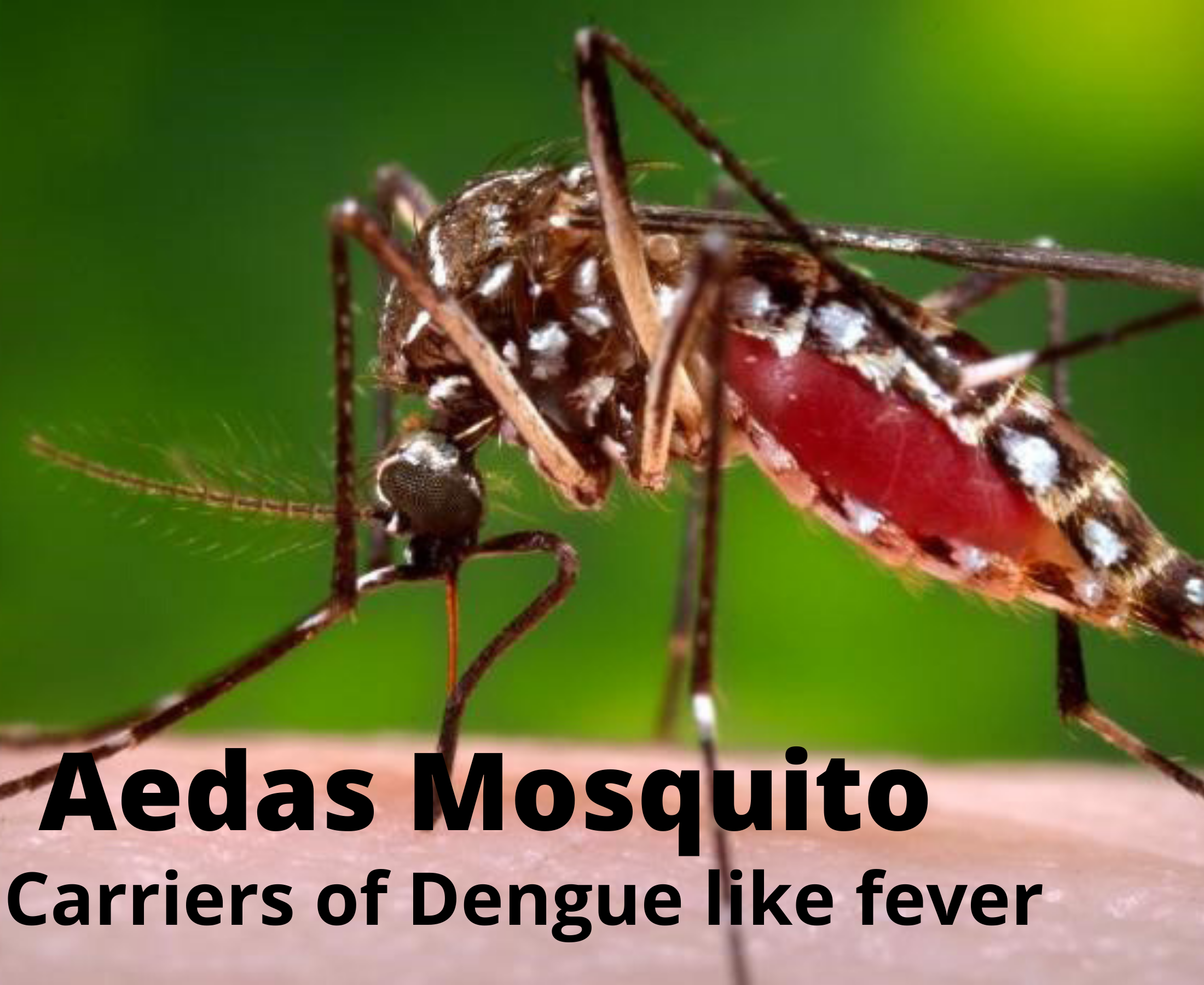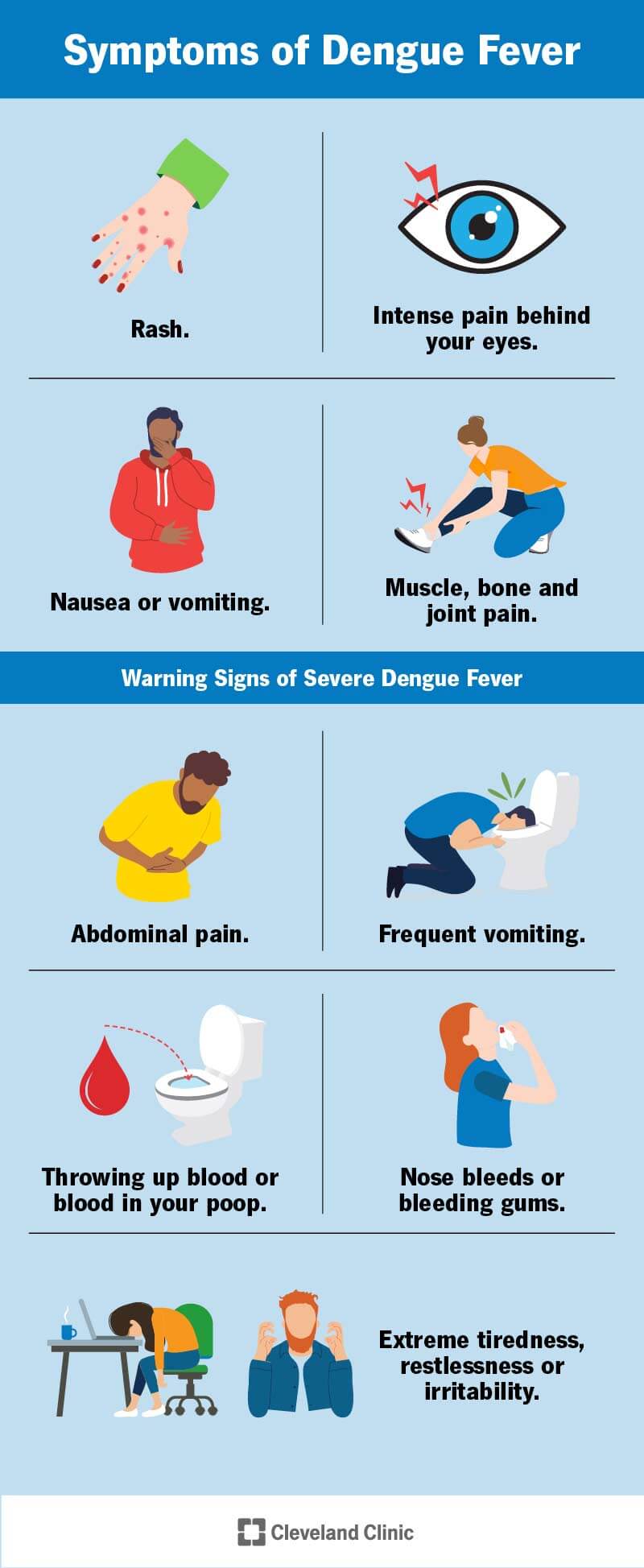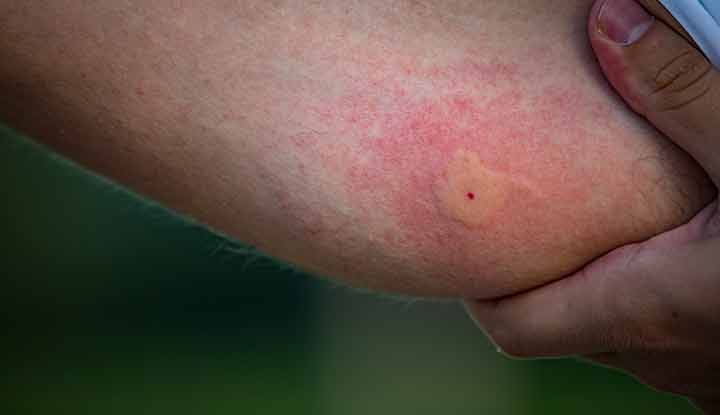If you see a dengue mosquito, eliminate standing water, use mosquito repellent, and wear protective clothing. Protect yourself from potential bites and seek medical attention if bitten.
Dengue mosquitoes can transmit the virus through their bites, so it’s crucial to take preventive measures. Standing water serves as a breeding ground for these mosquitoes, so ensure your surroundings are free of stagnant water to reduce the risk of dengue transmission.
By staying vigilant and proactive, you can lower the chances of encountering dengue mosquitoes and protect yourself from potential infections. Remember, prevention is key when dealing with these disease-carrying insects.
Identifying Dengue Mosquitoes
If you see a dengue mosquito, eliminate standing water, use mosquito repellent, and wear protective clothing. Contact pest control for professional help. Regularly inspect and clean your surroundings to prevent mosquito breeding.
Appearance And Behavior
Dengue mosquitoes are distinguished by their black and white stripes on their body and legs. They are typically smaller than other mosquitoes and have a slender body with a noticeable proboscis. When resting, they keep their bodies parallel to the surface and are known for their distinctive flying behavior, which is characterized by a swift, zigzag pattern.
Habitats And Breeding Grounds
Dengue mosquitoes prefer to breed in standing water, such as flower pots, discarded tires, and clogged gutters. They are commonly found in urban and suburban areas, thriving in small pockets of water where other mosquitoes may not lay their eggs. It’s crucial to eliminate these breeding sites to prevent the spread of dengue fever.
Immediate Actions Upon Spotting
Safe Removal Techniques:
- Use a mosquito swatter or vacuum to safely remove the mosquito.
- Dispose of the mosquito in a sealed container or bag.
- Ensure no stagnant water is present in and around your home.
Using Repellents Effectively:
- Apply mosquito repellent with DEET on exposed skin.
- Reapply repellent every few hours, especially if sweating.
- Use mosquito nets while sleeping to prevent mosquito bites.
Preventative Measures At Home
In case you spot a dengue mosquito at home, act swiftly. Eliminate standing water, use mosquito repellents, and wear protective clothing to prevent bites. Seek medical advice if needed to address any potential health risks promptly.
Preventative Measures at HomeDengue fever is a serious illness that can be transmitted by mosquitoes. It is important to take preventative measures at home to avoid being bitten by these mosquitoes. Here are some measures you can take to secure your household and protect yourself from dengue fever.Securing The Household
The first step in preventing dengue mosquitoes from entering your home is to secure your household. This includes repairing any holes in screens or windows and keeping doors closed whenever possible. Additionally, using mosquito netting at night in areas where mosquitoes are prevalent can be helpful in preventing bites.Natural Predators And Repellents
Another way to prevent dengue mosquitoes from entering your home is to use natural predators and repellents. For example, you can use plants like citronella, lavender, and basil to repel mosquitoes. You can also use mosquito traps or bug zappers to catch and kill mosquitoes.Other Preventative Measures
In addition to securing your household and using natural predators and repellents, there are other preventative measures you can take to protect yourself from dengue fever. These include:– Avoid going outside during peak mosquito activity – Wear loose clothing that covers your arms and legs – Wear socks and full shoes to minimize exposed skin – Use mosquito repellents on exposed skin (DEET based repellents are the most effective) – Spray mosquito repellent around buildingsBy taking these preventative measures, you can reduce your risk of contracting dengue fever and protect yourself and your family from this serious illness. If you develop a fever or other symptoms of dengue fever, it is important to see a healthcare provider as soon as possible.Personal Protection Strategies
Protecting yourself from dengue mosquitoes is crucial in preventing the spread of dengue fever. Implementing personal protection strategies can significantly reduce the risk of mosquito bites and potential infection. Here are some effective measures to consider:
Appropriate Clothing Choices
Choosing the right clothing can serve as a physical barrier against mosquito bites. Opt for loose-fitting and long-sleeved shirts and pants to minimize exposed skin. Additionally, wearing socks and full shoes can further reduce the areas vulnerable to mosquito bites.
Chemical Vs. Natural Repellents
When it comes to selecting mosquito repellents, it’s important to weigh the options between chemical and natural products. DEET-based repellents are widely recognized for their effectiveness in repelling mosquitoes. Alternatively, natural repellents such as citronella oil and lemon eucalyptus oil can offer a more environmentally friendly approach to mosquito protection.
Understanding The Risks
Upon spotting a Dengue mosquito, act promptly to eliminate standing water where they breed. Use mosquito repellent and protective clothing to prevent bites. Seek medical attention if you suspect Dengue infection for proper diagnosis and treatment.
Probability Of Dengue Transmission
When a person is bitten by a dengue mosquito, there is a risk of contracting the virus. The probability of dengue transmission is high in areas with a high prevalence of the Aedes mosquito, especially during the rainy season. Stagnant water serves as a breeding ground for these mosquitoes, increasing the likelihood of dengue transmission.
Recognizing Dengue Symptoms
It is crucial to recognize the symptoms of dengue fever, which include sudden high fever, severe headaches, pain behind the eyes, joint and muscle pain, fatigue, nausea, vomiting, and skin rash. If you experience any of these symptoms after being bitten by a dengue mosquito, seek medical attention immediately.

Credit: paidepo.com
Post-bite Procedures
Upon spotting a Dengue mosquito, promptly apply insect repellent and wear protective clothing to prevent bites. Seek medical advice if bitten, especially in high-risk areas to prevent Dengue fever. Keep surroundings clean to eliminate breeding sites and minimize mosquito population.
First Aid And Care
If you see a dengue mosquito and are bitten, it is important to take immediate action. Wash the affected area with soap and water to prevent infection. Apply a cold compress to reduce swelling and pain. Use an over-the-counter hydrocortisone cream to alleviate itching.When To Seek Medical Attention
If you experience symptoms such as fever, headache, joint and muscle pain, or rash, it is important to seek medical attention immediately. These symptoms may indicate dengue fever, a potentially life-threatening illness. If you have been bitten by a dengue mosquito and experience any of these symptoms, consult a doctor immediately.Preventing Mosquito Bites
The best way to prevent dengue fever is to prevent mosquito bites. Avoid going outside during peak mosquito activity, wear loose clothing that covers your arms and legs, and use mosquito repellents on exposed skin. Use mosquito netting at night in areas where dengue fever is prevalent. Keep mosquitos outside of your home by repairing holes in screens and keeping windows and doors closed if possible.Remember, prevention is key when it comes to dengue fever. Take precautions to avoid mosquito bites, and seek medical attention immediately if you experience any symptoms. By taking these steps, you can protect yourself and your loved ones from this dangerous illness.Community Efforts And Education
If you spot a dengue mosquito, eliminate standing water and use mosquito repellent to prevent bites. Wear long-sleeved clothing and use screens to keep them out. Seek medical attention if you develop a fever or symptoms of dengue. Community efforts to control mosquito breeding and educate about prevention are crucial.
Organizing Clean-up Drives
One effective way to combat dengue is by organizing community clean-up drives.
Spreading Awareness
Educating the community about dengue prevention is crucial in fighting the spread of the disease.

Credit: www.indiatoday.in
Leveraging Technology And Innovation
As the threat of dengue fever continues to loom over many regions, the need for advanced technological solutions to combat the spread of dengue mosquitoes has become increasingly pressing. Leveraging cutting-edge technology and innovation in the battle against these disease-carrying insects is crucial for effective prevention and control.
Mosquito Traps And Smart Devices
One innovative approach to combating dengue mosquitoes involves the use of advanced mosquito traps and smart devices. These high-tech traps are designed to attract and capture dengue mosquitoes while minimizing the impact on beneficial insect populations. Additionally, smart devices equipped with sensors and connectivity features can provide real-time monitoring of mosquito activity, enabling proactive measures to be taken in high-risk areas.
Research On Prevention And Control
Research efforts focused on the prevention and control of dengue fever have seen significant advancements in recent years. From the development of genetically modified mosquitoes to the exploration of novel insecticides, ongoing research is driving the innovation needed to effectively manage dengue mosquito populations and reduce the risk of disease transmission.
Travel Considerations
When traveling to dengue-prone areas, it’s important to take precautions to minimize the risk of dengue infection. Additionally, considering travel insurance and vaccinations is crucial for safeguarding your health during your trip.
Precautions In Dengue-prone Areas
Precautions should be taken when visiting areas known for dengue outbreaks. These precautions include:
- Avoiding outdoor activities during peak mosquito activity times.
- Wearing long-sleeved shirts, long pants, and socks to minimize exposed skin.
- Using insect repellents containing DEET on exposed skin.
- Applying mosquito repellent to clothing and gear.
- Staying in accommodations with screened windows and doors or using bed nets.
Travel Insurance And Vaccinations
Before traveling to dengue-prone areas, it’s advisable to consider obtaining travel insurance that covers medical emergencies, including dengue fever treatment. Additionally, consult a healthcare provider to inquire about vaccinations or preventive measures for dengue and other mosquito-borne diseases.

Credit: my.clevelandclinic.org
Frequently Asked Questions
What To Do If You Know Dengue Mosquito Has Bitten You?
If you suspect a dengue mosquito bite, rest and drink fluids. Consult a doctor if needed. Use acetaminophen for fever. Protect against mosquito bites.
What Are The Chances Of Getting Dengue After A Mosquito Bite?
The chances of getting dengue after a mosquito bite are possible, especially in areas where the virus is prevalent.
How Do You Know If A Mosquito Has Dengue?
There is no way to tell if a mosquito has dengue just by looking at it. If you suspect you have been bitten by a mosquito carrying dengue, watch for symptoms such as fever, headache, and joint pain. If you experience any of these symptoms, consult a doctor.
To prevent dengue, protect yourself from mosquito bites by wearing protective clothing, using mosquito repellent, and eliminating standing water where mosquitoes can breed.
Conclusion
To sum up, knowing how to handle a Dengue mosquito encounter is crucial. Take immediate action to prevent bites, seek medical help if needed, and protect yourself from potential risks. By following these steps, you can effectively manage the situation and safeguard your health.
Stay informed and stay safe.
Related posts:

I’m MD Tanvir, and I bring years of expertise gained from working closely with pest control companies to the forefront. My journey in the industry has inspired me to launch Bug Battler, a platform aimed at equipping people with the know-how to combat pests autonomously. Through Bug Battler, I aim to empower individuals with practical insights to tackle pest infestations effectively.

